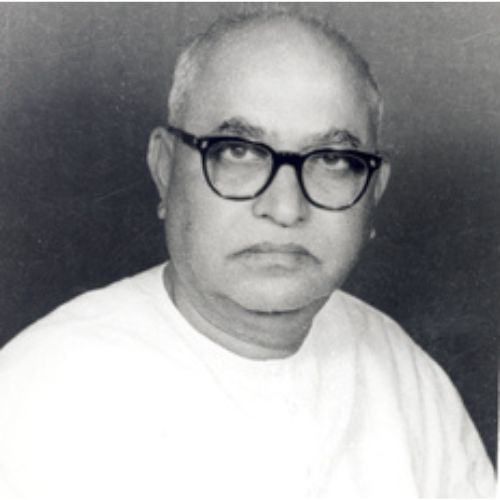Early Life
Siddavanahalli Nijalingappa was born into a peasant family on 10 December 1902, in the village of Haluvagalu in Bellary district. He graduated from Central College, Bangalore in 1924, and went on to get a degree in law from the Law College at Poona in 1926. He was married in 1927 to Murugamma, and subsequently started practicing law in both Davanagere and Chitradurga.
Role in the Independence Movement
As a young man, Nijalingappa was attracted by personalities like Mahatma Gandhi and Rajendra Prasad, and began attending Congress sessions. He was elected as the President of the Chitradurga District Congress Committee in 1936, beginning his political career in earnest. For participating in the Forest Satyagraha of 1939 in Mysore, Nijalingappa lost his bar license.
The anti-Congress Mysore Praja Paksh dominated politics in the Princely State of Mysore. Nijalingappa is credited with building up the Congress movement here. He was elected to the Mysore Representative Assembly from Chitradurga in 1937. He also served as the President of the Mysore Congress Working Committee from 1938 to 1950.
Contribution to Constitution making
S. Nijalingappa was elected to the Constituent Assembly from Bombay through a Congress Party ticket. He did not actively participate in the Assembly.
Later Contributions
Nijalingappa had a prominent political career in Karnataka and at the national level as well. He was appointed as the President of the Karnataka Pradesh Congress Committee, with the mandate of resolving the factional issues in the state. He was elected to the Lok Sabha from Chitradurga constituency in 1952.
After the formation of the linguistic state of Mysore in 1956, Nijalingappa resigned from Parliament to become its first Chief Minister. He went through several ups and downs in the state’s politics for the next decade or so, involving factional conflicts with B.D. Jatti that saw him ousted from the Chief Minister’s post in 1958, and even losing the Assembly elections in 1962. But he bounced back by winning a by-election three months later, and became the Chief Minister of the state for the third time. Through his multiple tenures as Chief Minister, Nijalingappa is remembered for completing the Sharavathy hydroelectric project, improving irrigation facilities in the northern Karnataka, and for his supportive role in settling thousands of Tibetan refugees in the state in 1956.
In 1968, Nijalingappa moved on to national level politics and was appointed as the President of the All-India Congress Committee. His tenure was to prove highly eventful, with the Syndicate faction within the Congress party openly clashing with Prime Minister Indira Gandhi. There were larger differences on economic policy and the struggle between the organisational and governmental wings of the party. But matters eventually came to a head on the issue of rivalling candidates for the 1969 Presidential elections.
The official Congress candidate, as supported by the Syndicate, was Neelam Sanjiva Reddy. Nijalingappa issued a whip instructing all Congress legislators to vote for him, but the Prime Minister refused to endorse him publicly. Instead, she asked for a ‘vote of conscience’. To the embarrassment of the Syndicate, V.V. Giri was elected as the President.
Continuing the power struggle, the Prime Minister dismissed 4 Ministers considered close to the Syndicate. In response, Nijalingappa removed two of her close aides from the Congress Working Committee. The Working Committee further expelled Indira Gandhi from the party for ‘indiscipline’ a month later. But the Congress Parliamentary Party was firmly behind Gandhi by now, and the Congress party was split in two. Nijalingappa continued to lead the Congress (O) faction, which merged with the Janata Party in 1977. He gradually retreated from active politics, and quit the Janata Party in 1983.
He passed away on 8 August 2000, at the age of 97.
- Who’s Who: 1952 (Parliament Secratariat, 1952)
- A Congressman from another age by S. Muralidharan and Ravi Sharma (Frontline, 2000)
- The Congress in India—Crisis and Split by Robert L. Hardgrave (Asian Survey, 1970)
- S. Nijalingappa by Department of Information and Public Relations, Government of Karnataka
- My Life and Politics: An Autobiography by S. Nijalingappa (Vision Books, 2000)

